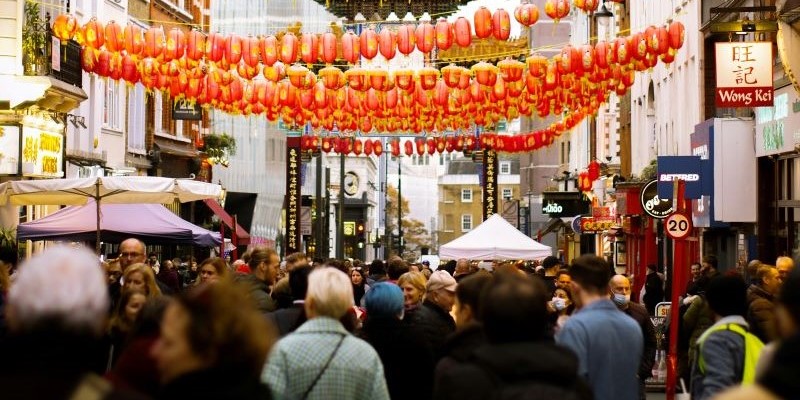London: Walking the City

Overview
Academic Lead: TBC
Syllabus: SUM506D London Walking The City
What is a city? Is it constituted of buildings? People? Institutions? This module introduces the city as a series of dynamic practices: the movement of people; the proposition of highways and alleyways, green spaces and social housing; the configuration and scheduling of transport; the regulation and timetabled glow of light; the whiffs and breezes and pockets of air pollution. It is also the circulation of ideas and the pulse of affect. This module offers a series of weekly encounters with the literary and performative city. Students will study a range of literary and theoretical texts, and walk London, travelling along its transport connections, listening to guides, looking around them and engaging self-reflexively with the meanings and imperatives found in the city.
Course content is subject to change.
Course aims
This module asks you to think about the different ways that we might define a city and to explore different perspectives on London inflected by mobility, migration, class and gender. In particular, the module asks you to consider pedestrian experiences and the theatre of the street from the early modern period to the present day. Through reading a range of literary and theoretical texts, you will develop your understanding of the role of literature, performance and cultural institutions in producing and contesting urban experience. The module also aims to explore texts in their geographical and spatial context, and to this end teaching includes guided walks and visits to key sites of cultural production. You will develop skills of literary analysis in relation to place, both through writing and through seminar discussion of required reading and site visits. Assignments will also enable you to reflect on and articulate your own experiences walking as well as developing skills of planning and execution of writing and sound production, creative and critical response to texts and places, and independent research.
Teaching and learning
You will be taught through a combination of seminars, and field trips.
Learning outcomes
You will learn/develop:
• literary texts from the medieval period to the present day
• history of London and performance in London
• theories of space and place
• demonstrate familiarity with a range of different texts and debates about the cultures of London
• use appropriate methodologies including close reading, contextual and theoretical approaches in
analysis of texts and places
• critical engagement with cultural texts
• clear communication in writing and group discussion
• development of independent research pathways
Fees
Additional costs
All reading material will be provided online, so it is not necessary to purchase any books.
You will be required to pay your travel costs to and from any field trips.
For course and housing fees visit our finance webpage
Entry requirements
We welcome Summer School students from around the world. We accept a range of qualifications
How to apply
Have a question? Get in touch - one of the team will be happy to help!
Applications close 26 May 2025